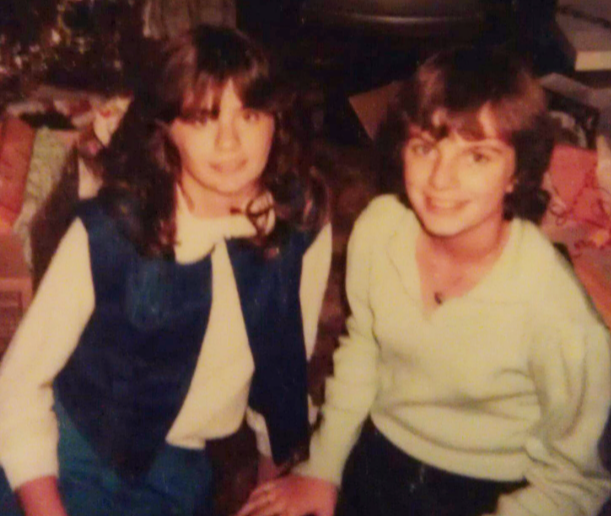As a teacher, I admit there are those in the profession that shouldn’t be there. While there are deadbeats in any profession, no one wants a lazy apathetic doctor, politician, police officer or teacher. The latter probably being the easiest place to get away with doing a poor job, simply because you’re surrounded by kids all day who either idolize you or are afraid of you. A good teacher realizes that they’re in an elevated position in the eyes of their students and quite often their student’s parents as well, and does not abuse the trust inherent in that position.
But is a lackadaisical attitude the only problem? Quite honestly no. Beyond lack of enthusiasm, determination and sheer laziness lies rigid thinking and often an unwillingness to grow professionally. A teacher’s methodology no matter how outmoded becomes their comfort zone and their sole narrow outlook in their professional life to the point that they reject new research or innovative ways of dealing with old problems because this is the way they’ve always done it.
If we look back at what was once considered “best practices,” we find an eight-year-old girl who was shamed into accepting her teacher’s rigid thinking when that rigid thinking was presented in a mean-spirited manner under the guise of motivation or a boy of the same age whose mother was told he was what we now would call intellectually disabled, yet was said then in the terminology of the time, when in actuality he had ADHD. Two kids who grew up and never forgot those teachers, not because they did memorable things that made a positive impact upon them, but because those teachers changed their world view, and not for the better. They became adults whose favorable experiences in education were far outweighed by the rigidity of a few teachers along the way.
Rigidity just like laziness can take many forms, yet as I write this reflecting on my own experiences as an educator and contemplating conversations with parents of school age children, I wonder if my own view of what makes one rigid isn’t looking at the bigger picture. Is the pressure on teachers’ test scores forcing them to be more rigid, more performance based and less creative and open-minded to more dynamic inclusive methods of instruction?
Are they (myself included) unreasonably pushing our students excessively because we’re being pushed to the brink with rigid mandates disguised as guidelines? Is what constitutes a “bad teacher” now different than what defined it when I was eight? Of course, rigid thinking is still prevalent, and overly permissive teachers still collect paychecks on every campus, as in any job. But, is the stubbornness self-protection from the continual onslaught of being told what to do by administrators who have never taught who take their marching orders from politicians because education has become more of a business, where those of us in the classroom are pressured to perform?
Our students MUST perform or we’re a failure. Thus, unfortunately becoming rigid to achieve that goal is hard to avoid. Most teachers want what’s best for kids, but our hands are sometimes tied so we are unable to do what’s best for kids, and required instead to do what’s best for school districts.
Alicia Christiansen
Latest posts by Alicia Christiansen (see all)
- Plantar la Semillas de la Amistad Reduce el Acoso - November 19, 2019
- Planting the Seeds of Friendship Reduces Bullying - November 13, 2019
- Día de Los Muertos, Demencia y Mi Papá - November 3, 2019
- Day of the Dead, Dementia, and My Dad - November 2, 2019
- Nuevo Año Escolar Nuevos Estudiantes Nuevo Tema y Ya Estoy Cansada - October 2, 2019

